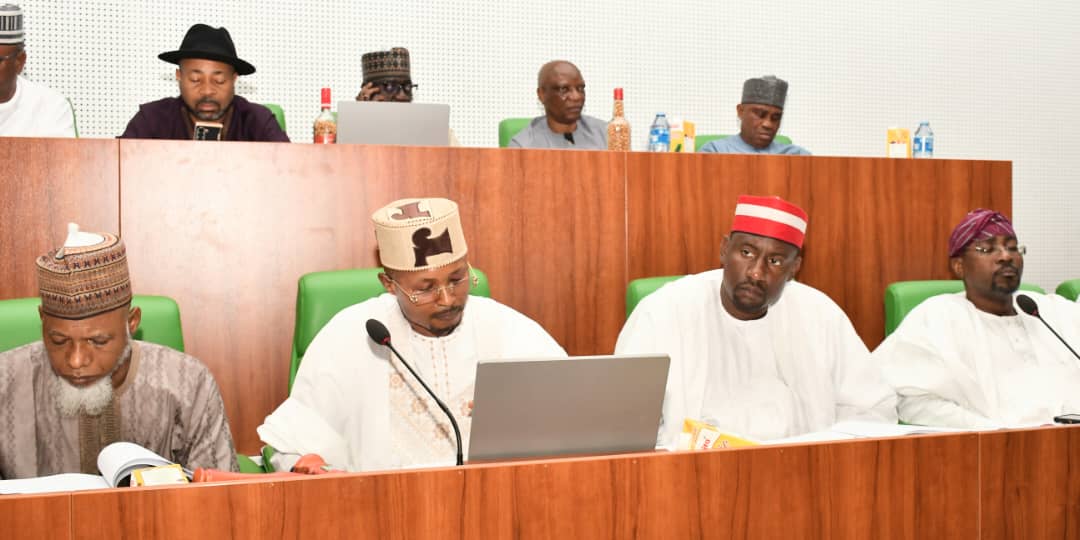The House committee on customs also issued a June 30 ultimatum to the Nigeria Customs Services to stop illegal levies or face sanctions

The House of Representatives Committee on Customs and Excise has approved the proposed N1.132 trillion 2025 budget for the Nigeria Customs Service (NCS).
The approval followed a presentation by the Comptroller General of Customs, Bashir Adewale Adeniyi, who was represented by Deputy Comptroller General in charge of Finance, Administration, and Technical Services, DCG Bello Muhammed Jibo, during a budget session with the committee on Monday.
In his presentation, Adeniyi disclosed that the revenue target for the 2025 fiscal year stands at N6.584 trillion. This includes N3.853 trillion for the Federation Account, N1.081 billion for non-federation revenue, and N1.650 trillion from import Value Added Tax (VAT).
He further explained that the funding sources include 4 percent Free-On-Board (FOB) amounting to N1.070 trillion, 2 percent VAT share to Customs totaling N33.01 billion, and N29.05 billion allocated for ongoing capital projects.
Adeniyi said the proposed N1.132 trillion budget comprises a personnel cost of N247.16 billion, overhead cost of N239.97 billion, and capital expenditure of N645.42 billion.
However, in a major policy stance, the committee directed the NCS to halt the collection of the Comprehensive Import Supervision Scheme (CISS) and the 7 percent Cost of Collection by June 30, 2025, warning that further collection beyond the date would be deemed illegal and subject to legal action.
Chairman of the committee, Rep. Leke Abejide (ADC Kogi), issued the ultimatum following a unanimous resolution by committee members. He noted that both levies were not backed by any legislation and had been rendered obsolete by the Nigeria Customs Service Act, 2023.
“The CISS was suspended under the new Customs Act, yet it is still allegedly being collected. From January to December 2024, there was zero remittance from the 60% share of the 1% CISS, which previously supported Customs’ personnel, overhead, and capital funding,” Abejide said.
He criticized the continued reliance on these levies, highlighting the contradiction between Customs’ revenue performance and its budgetary shortfalls. He said despite exceeding its 2024 target of N5.079 trillion by generating N6.105 trillion—an increase of N1.026 trillion or 20.21 percent—Customs still posted poor performance on funding metrics: 43.53 percent for personnel costs, 46.34 percent for overhead, and 45.68 percent for capital projects.
“Why is the Service not receiving its share of the 60% CISS, when many of the roles once handled by service providers such as COTECNA, SGS, and GLOBAL SCAN have now been fully taken over by NCS?” Abejide queried.
He added that while service providers like Web Fontaine still support Customs automation and networking, about 80 percent of operations are now internalized, making the continued collection of CISS unjustifiable.
The lawmaker stressed that the only legitimate revenue stream recognized by law is the 4 percent FOB, as stipulated in Section 18(1a) of the Nigeria Customs Service Act, 2023, and gazetted in the Federal Republic of Nigeria Official Gazette No. 105 of June 9, 2023.
“By June 30, 2025, you must stop collecting CISS. This is a democracy, not a military regime. Any further collection after this date will attract legal consequences,” Abejide warned.

